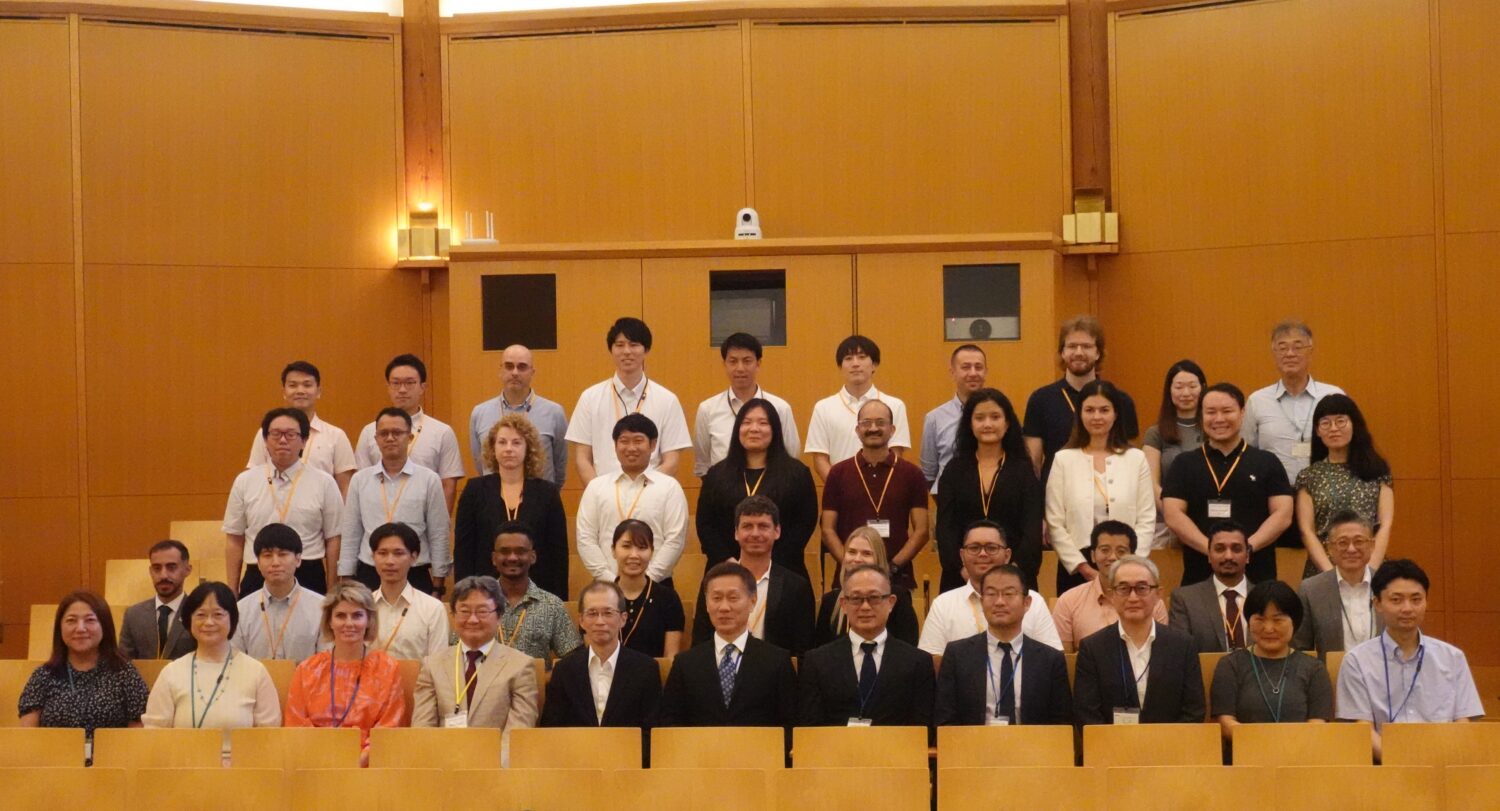It represents the culmination of Japan’s electricity system reform, the aim of which is to encourage competition in the electric power market, reducing electricity rates and leading to the greater provision of a variety of services.
In April 2016, retail electricity in Japan will be completely deregulated. The latest revision will give new entrants fair access to power transmission and distribution networks, now practically monopolized by the major firms, thus starting an era of full-fledged competition among companies. For consumers of electricity, the move is expected to lower electricity rates and improve the level of services.
The Gas Business Act was revised at the same time, with full deregulation of city gas companies to come around 2017. The law requires Japan’s three major gas companies — Tokyo Gas, Osaka Gas and Toho Gas — to spin off their piping networks as separate companies by April 2022.
Meanwhile, a power and gas transaction surveillance commission will be set up to make sure that the transmission and piping network companies newly spun off from the major utilities, as well as new entrants into the field, are all fairly treated.
A supplementary clause in the Revised Electricity Business Act also includes mention that “necessary measures will be taken” to ascertain whether or not the electric power supply situation is being improved as a result of the separation of power generation and transmission. If the restart of nuclear power plants in the country does not progress smoothly, the possibility thus remains that the separation of major power utilities’ generation and transmission divisions may be delayed.










